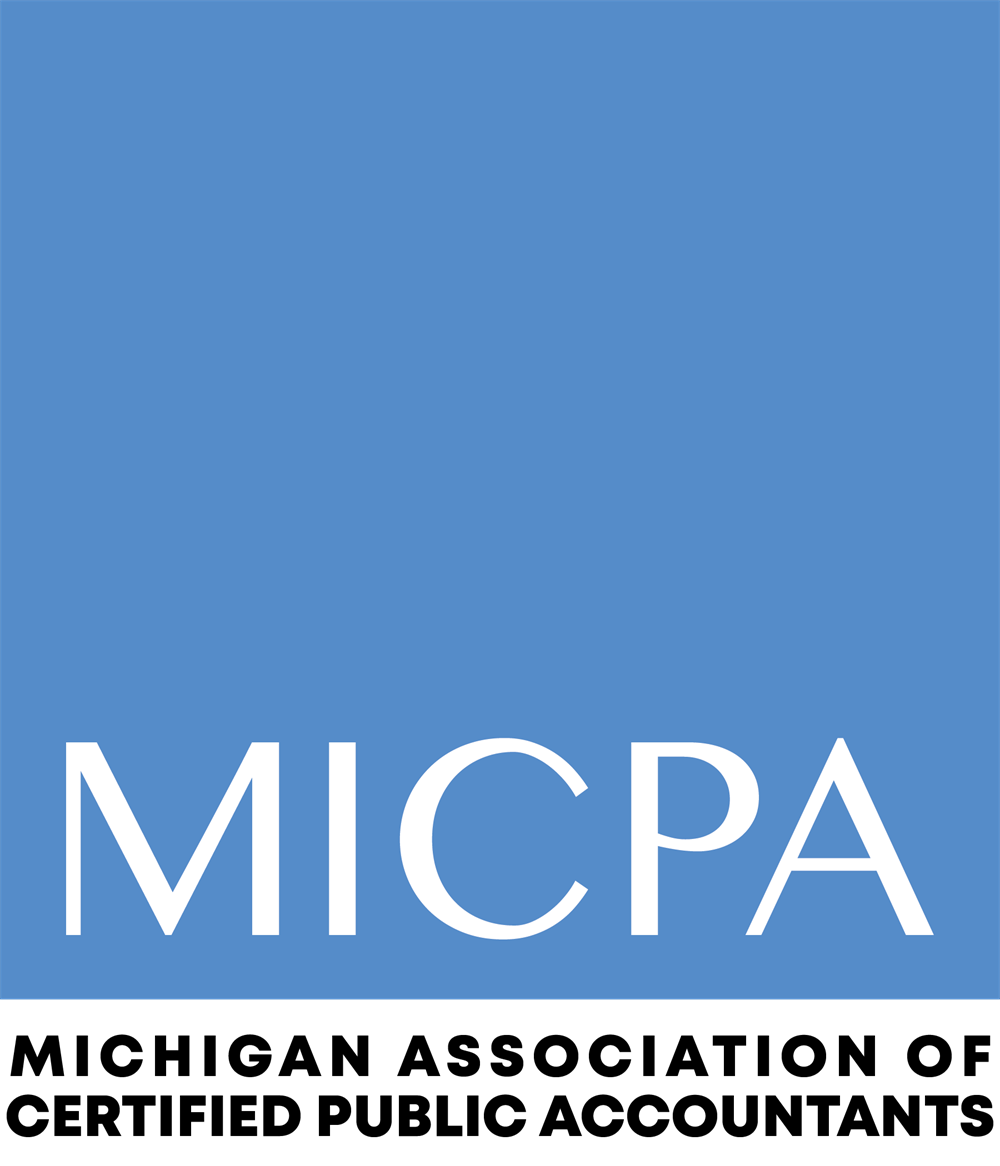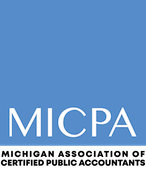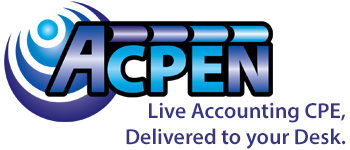Dealing with the Conceptual Framework: An Introduction to Evaluative Ethics
Total Credits: 2 including 2 Regulatory Ethics - Technical
- Average Rating:
- 14
- Categories:
- Ethics | Partner Produced
- Speaker:
- Albert D. Spalding Jr.
- Course Levels:
- Basic
- Duration:
- 2 Hours
- License:
Description
For decades the AICPA Code of Professional Conduct contained six principles and eleven rules. The rules, in turn, were supported by dozens of interpretations and ethics rulings. Now, under the "conceptual framework" approach, the new version of the Code adds another layer of authoritative pronouncements by pointing to seven categories of "threats" that could lead to a violation of one or more rules: adverse interest, advocacy, familiarity, management participation, self-interest, self-review, and undue influence. This webcast draws from real life examples to help explain the conceptual framework and to show how it can be reasonably understood, applied and implemented.
Basic Course Information
Learning Objectives*The conceptual framework will be explained, with real life examples, so that participants will have a better understanding of its relevance and usefulness in the accounting profession
Major Subjects
*6 Principles, 11 Rules, and Now, 7 Broad Categories of Threats
Course Materials
| Dealing with the Conceptual Framework Materials (1.48 MB) | Available after Purchase | ||
| 2015 CPE Credit Information (0.06 MB) | Available after Purchase | ||
Speaker
Albert D. Spalding Jr. Related Seminars and Products
Associate Professor
Mike Illitch School of Business Administration, Wayne State University, Detroit
Albert “Bert” is an attorney-CPA and holds the Certified in Financial Forensics (CFF) designation from the AICPA.
Professor Spalding serves on the faculty of the Department of Accounting at the Wayne State University Mike Ilitch School of Business…where he teaches business law, tax, forensic and fiduciary accounting -- as well as professional ethics -- in the MS in Accounting and MBA programs.
Bert Spalding has also served on the legal staff of the IRS National Office in Washington, D.C. where he drafted letter rulings, technical advice memoranda, revenue rulings and other pronouncements.
Dr. Spalding holds graduate degrees in accounting, law, psychology, philosophy and theology, and has authored several books and many journal articles on accounting, tax, legal and ethics-related topics. His popular SpaldingCPE seminars, webcasts and self-study courses on ethics and accounting topics are widely received around the State of Michigan as well as nationally.
Additional Info
Basic Course Information
Prerequisites NoneAdvanced Preparation None
Course Developer Albert D. Spalding JD, CPA/CFF
Designed For All professional accountants for whom the conceptual framework of the AICPA Code of Professional Conduct (or the conceptual framework of its international counterpart, the IFAC Code of Ethics for Professional Accountants) apply.
Original Recording Date 4/24/15
Date Added to Catalog 3/10/15
Yellow Book
No
Additional Information
Instructional Delivery Method Group Internet BasedComplaint Resolution Policy Please contact Anne Taylor for any complaints. anne.taylor@acpen.com, (972-377-8199).
Official Registry Statement
Business Professionals' Network, Inc. is registered with the National Association of State Boards of Accountancy (NASBA) as a sponsor of continuing professional education on the National Registry of CPE Sponsors. State boards of accountancy have final authority on the acceptance of individual courses for CPE credit. Complaints regarding registered sponsors may be submitted to the National Registry of CPE Sponsors through its website: www.nasbaregistry.org
Refund/Cancellation Policy
Please contact the ACPEN help desk 1-877-602-9877 or help@acpen.com if you wish to cancel your attendance for a previously purchased webcast and are requesting a refund or transfer.
Course Registration Requirements
Online Registration
Reviews
| 5 |
|
| 4 |
|
| 3 |
|
| 2 |
|
| 1 |
|



